Keith Cooper is a freelance science journalist and editor in the United Kingdom, and has a degree in physics and astrophysics from the University of Manchester.
Artist's illustration of Planet Nine, a hypothetical world that some scientists think lurks undiscovered in the far outer solar system., as the predicted planet is referred to, was first postulated in 2016 by Caltech's Konstantin Batygin and Michael Brown, the latter having also discovered thein 2005. Their original evidence predominantly focused on the clustering of trans-Neptunian objects , which are objects that spend the majority of their orbits farther from the sun than Neptune is.
These icy TNOs are strange because they spend most of their life hundreds of times farther from the sun thanis, but their orbits are so elongated that they swoop in and spend a short while closer to the sun than Neptune, which is just 30 times farther from the sun than Earth.
There are two scenarios that could regularly place TNOs on long, looping orbits that cross Neptune's path. One scenario is that of the galactic tide, which is the gravitational tidal force of theThese objects only loosely feel the sun's gravity due to their distance from our host star, but the galactic tide can usher them closer towards Neptune.
One simulation involved a planet with a mass five times that of Earth influencing the TNOs , while the other simulation had no Planet Nine at all and modeled just the galactic tide. Which would be most adept at getting TNOs to pass by Neptune? Batygin likens it to a football match, where Neptune is the goalkeeper. The galactic tides can shoot the TNOs towards the goal, but not with enough oomph to get them past the goalkeeper. Planet Nine, on the other hand, is like a planetary Harry Kane, regularly shooting the TNOs past Neptune with finesse.Still, the hunt for the football striker continues.in Chile will open and begin conducting a nightly, all-sky survey with its 8.4-meter telescope mirror.
United Kingdom Latest News, United Kingdom Headlines
Similar News:You can also read news stories similar to this one that we have collected from other news sources.
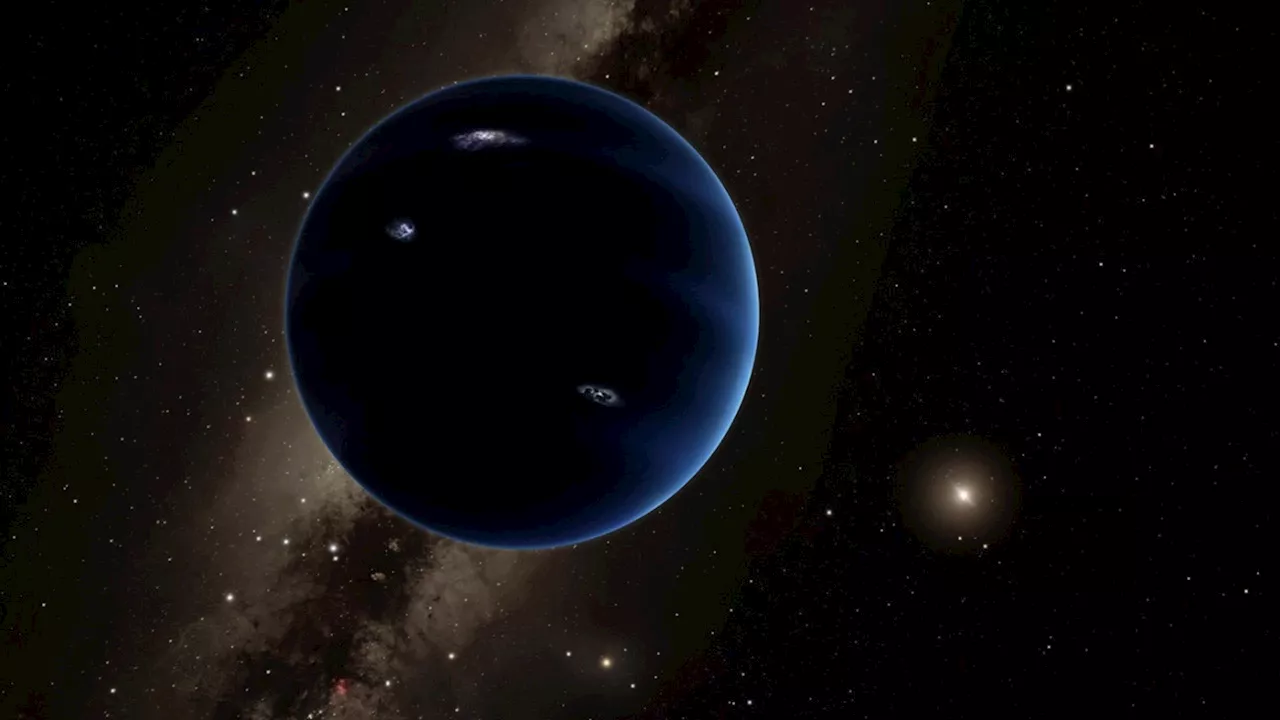 Planet 9 could be lurking behind Neptune, study finds strong evidenceResearchers may have found the “strongest statistical evidence” yet of Planet 9 (also called Planet X)'s existence.
Planet 9 could be lurking behind Neptune, study finds strong evidenceResearchers may have found the “strongest statistical evidence” yet of Planet 9 (also called Planet X)'s existence.
Read more »
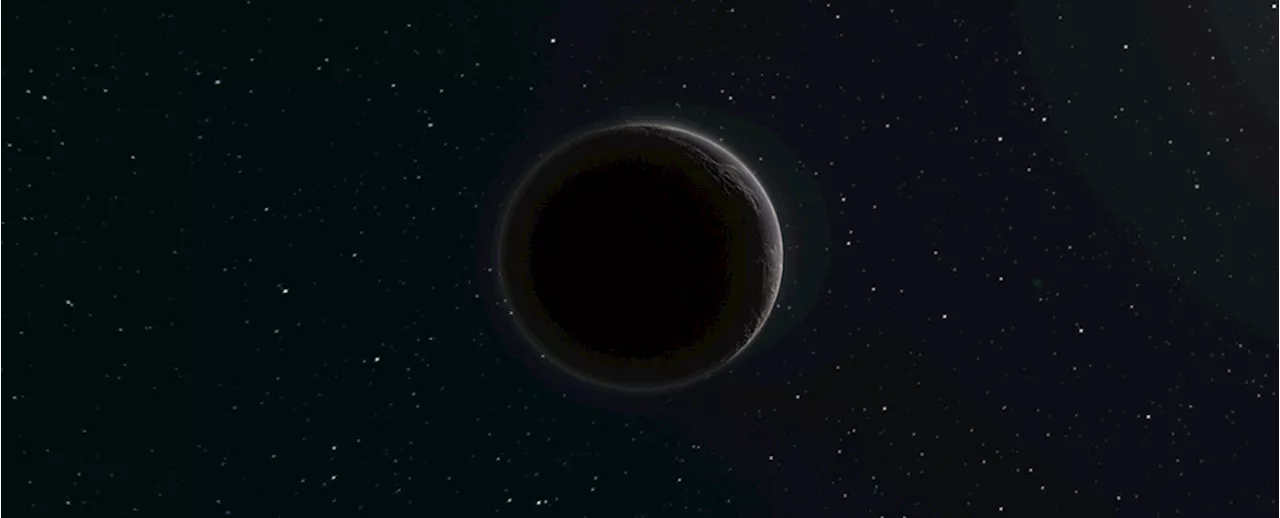 'Strongest Statistical Evidence Yet' For Planet Nine Has Been Found, Scientist SaysThe Best in Science News and Amazing Breakthroughs
'Strongest Statistical Evidence Yet' For Planet Nine Has Been Found, Scientist SaysThe Best in Science News and Amazing Breakthroughs
Read more »
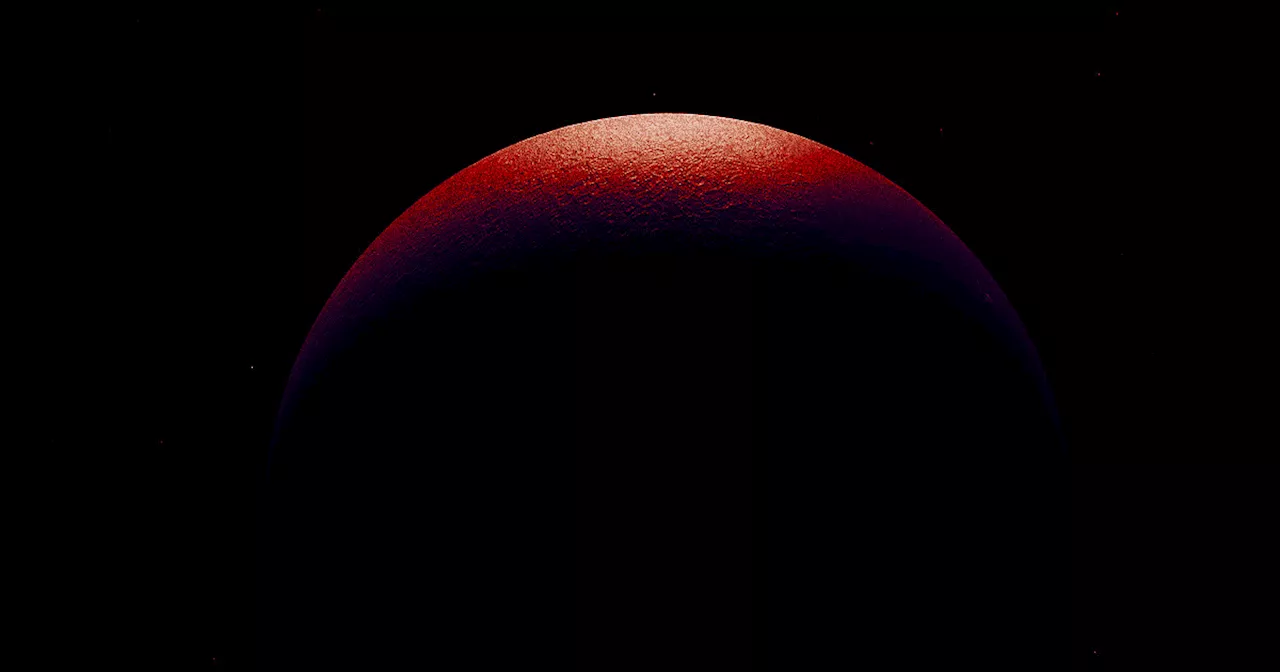 Scientists Say They've Found More Evidence of Hidden Planet in Our Solar SystemScience and Technology News and Videos
Scientists Say They've Found More Evidence of Hidden Planet in Our Solar SystemScience and Technology News and Videos
Read more »
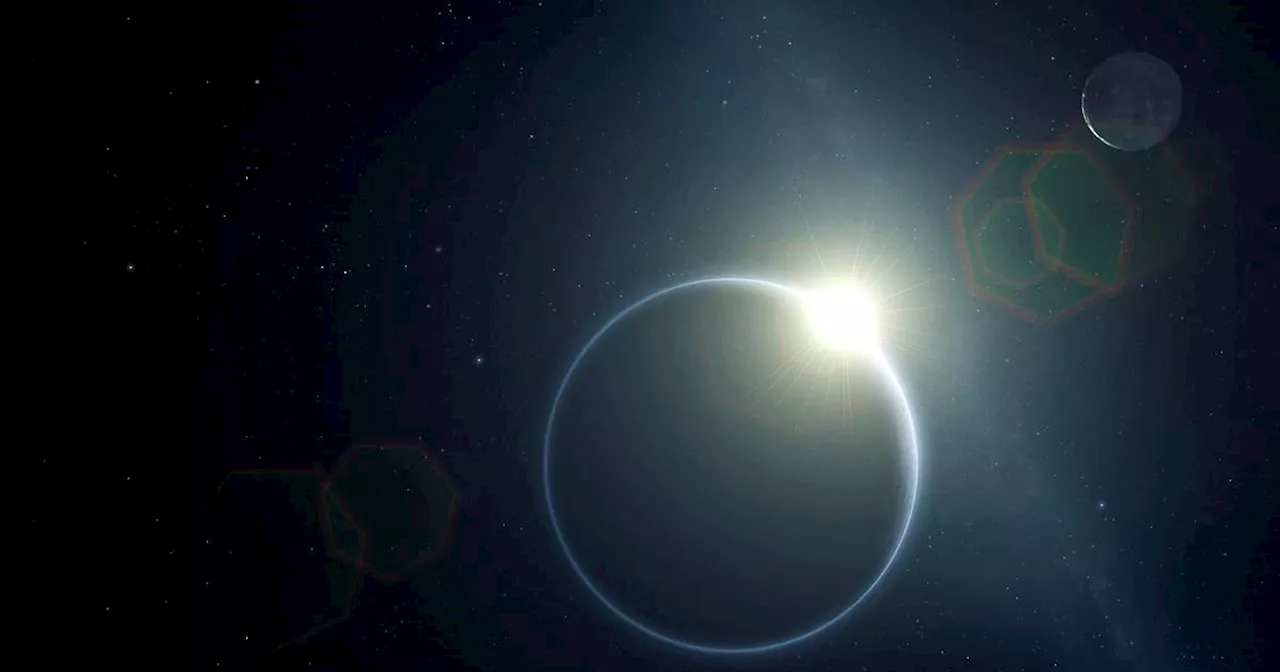 Arizona names Pluto as its official state planet – except it's technically not a planet'We in Arizona haven't forgotten about you, Pluto,' the state representative who introduced the bill said.
Arizona names Pluto as its official state planet – except it's technically not a planet'We in Arizona haven't forgotten about you, Pluto,' the state representative who introduced the bill said.
Read more »
 Mystery planet? New evidence suggests huge 9th planet in solar systemPlanet Nine was theorized in 2015 but more and more evidence suggests that the hypothesized planet could be a reality.
Mystery planet? New evidence suggests huge 9th planet in solar systemPlanet Nine was theorized in 2015 but more and more evidence suggests that the hypothesized planet could be a reality.
Read more »
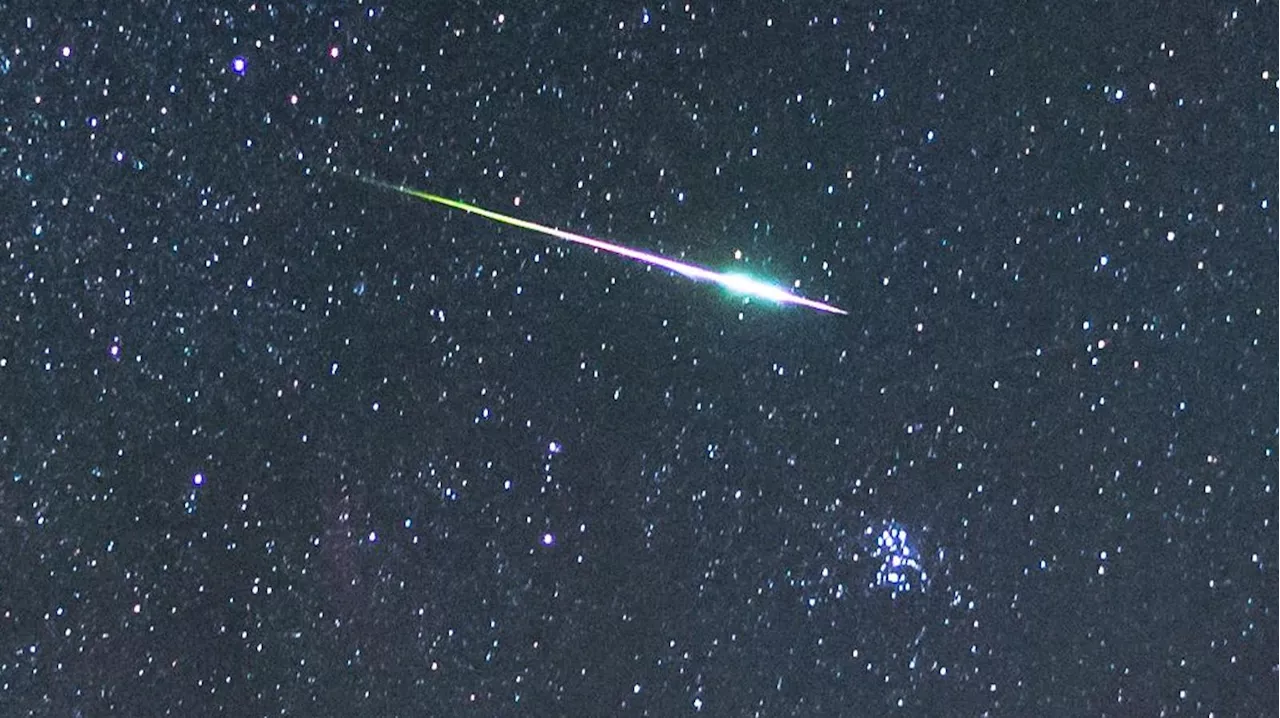 Earth Hits Halley’s Comet Trail As Neptune Appears: The Night Sky This WeekI'm an award-winning journalist writing about the night sky and eclipses.
Earth Hits Halley’s Comet Trail As Neptune Appears: The Night Sky This WeekI'm an award-winning journalist writing about the night sky and eclipses.
Read more »
